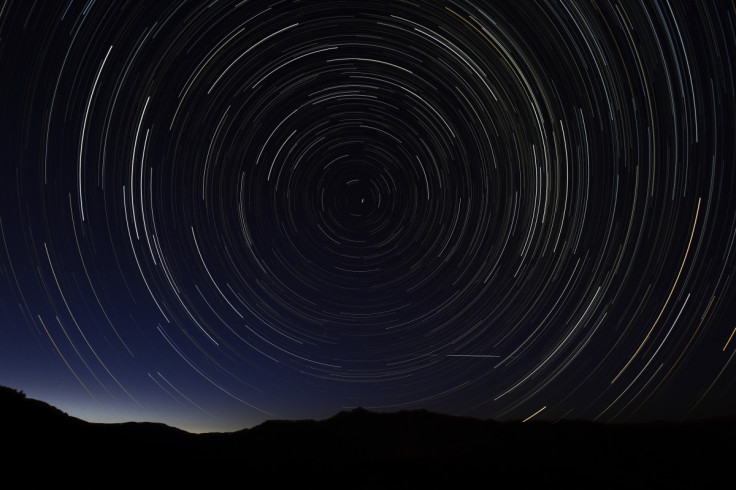Delta Aquarids Meteor Shower: Where to Watch Shooting Stars in the UK

The Delta Aquarids meteor shower is underway and will offer sky watchers the chance to view a spectacular display during late July and August.
Originating from the breakup of what are now the Marden and Kracht Sungrazing comets, the peak activity of the Delta Aquarids occurs between 28 and 29 July.
The Delta Aquariids get their name because their radiancy appears to lie in the constellationAquarius, near one of the constellation's brightest stars, Delta Aquarii.
The 2014 display began on 12 July and can be observed until 23 August, according to Earthsky.org.
Up to 10 meteors per hour are expected to be visible when the observers look in the lower southern to the southeastern sky close to the Aquarius constellation. The show will coincide with the new Moon on 26 July.
"This year's peak occurs during a new moon, which means dark skies for optimal viewing. Begin looking for these faint meteors after midnight," Nasa stated in an Epoch Times report.
The meteors may be difficult to spot but the visibility is anticipated to rise during its peak time.
For the best chance of spotting a shooting star, the US space agency suggested: "Looking halfway between the horizon and the zenith, and 45 degrees from the constellation of Aquarius will improve your chances of viewing the Delta Aquarids. In less than 30 minutes in the dark, your eyes will adapt and you will begin to see meteors."
Where can you spot the meteor shower in the UK?
London: The WaterWorks Nature Reserve is a spot in the capital which is less affected by light pollution and can be easily reached via Clapton and Leyton Midland Rd stations.
Birmingham: Warley Woods, where the Birmingham Astronomical Society sometimes meets to stargaze, is a dark, quiet spot. West of the city centre, it can be reached via the A456 Hagley Road.
Manchester: Heaton Park is the largest park in Great Manchester and has its own astronomy club. It is close to the M60 motorway and is accessible by tram or bus from the city centre.
Newcastle: Northumberland National Park is the largest Dark Sky Park in Europe, with over 1,000 square kilometres of land.
Glasgow: The Mugdock Country Park is located partly in East Dunbartonshire and partly in Stirling, and is one of Scotland's most popular tourist attractions.
Cardiff: The Brecon Beacons Dark Sky Reserve was the fifth destination in the world (and the first in Wales) to be granted special protection as an international dark sky reserve. It is around an hour's drive away from the city centre.
Belfast: Oxford Island National Nature Reserve hosted an event for the BBC Stargazing Live in 2012 and 2013. It is around a half an hour drive from the city centre.
Sheffield: In the Peak District, Surprise View is a carpark on the outskirts of Hathersage with a panoramic view of the Hope Valley - which may be a good spot for spotting meteorites.
Bristol: Leigh Woods can be reached from the centre via the A369 towards Portishead.
© Copyright IBTimes 2025. All rights reserved.






















